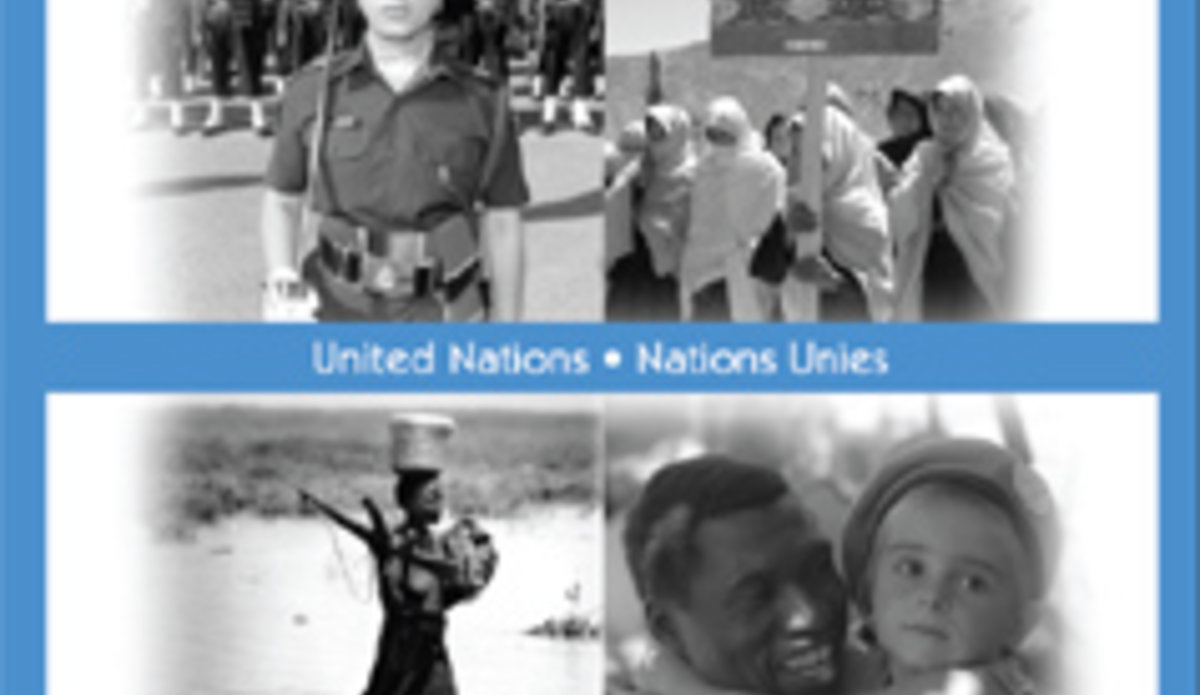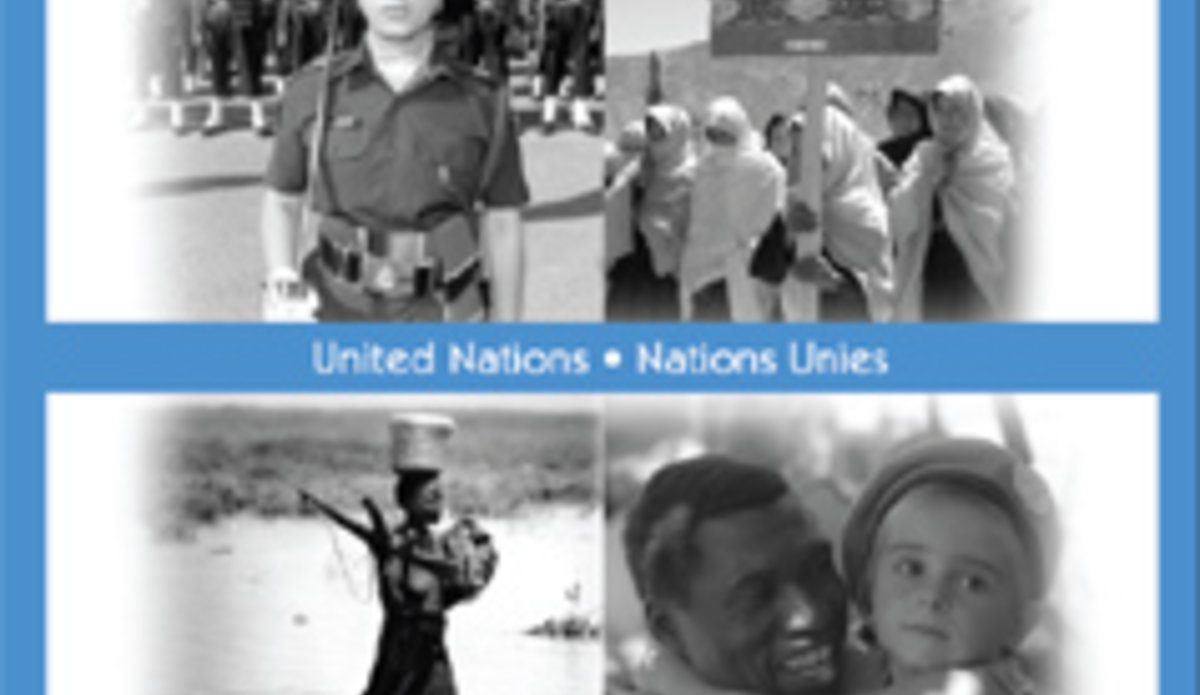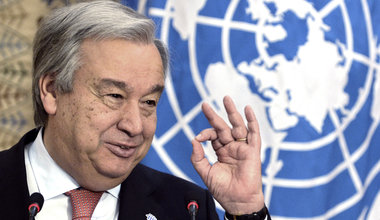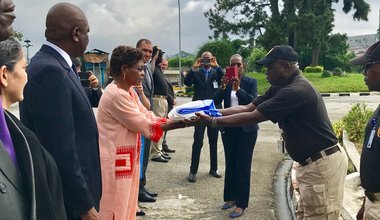Gender Resource Package for Peacekeeping Operations
INTRODUCTION
Background to Peacekeeping
United Nations peacekeeping is based on the principle that an impartial presence on the ground
can ease tensions between hostile parties and create space for political negotiations.
Peacekeeping can help bridge the gap between the cessation of hostilities and a durable peace,
but only if the parties to a conflict have the political will needed to reach the goal. Initially
developed as a means of dealing with inter-state conflict, peacekeeping has increasingly been
used in intra-state conflicts and civil wars, which are often characterized by multiple armed factions
with differing political objectives and fractured lines of command.

These realities have led to an evolution in the structure of peacekeeping missions, particularly
since the late 1980s. Many peacekeeping operations are still based on the "traditional" model of
a military operation deployed in support of a political activity. These operations, which involve
military tasks such as monitoring ceasefires and patrolling buffer zones between hostile parties,
are carried out by UN peacekeepers who may or may not be armed; they are widely known as
"blue helmets" or "blue berets," terms derived from their distinctive headgear. Although past
military observer missions also included non-military tasks, a growing number of UN peacekeeping
operations have become far more "multidimensional" and can now include a broad
range of components, including: child protection; civil administration; civil affairs; civilian
police; corrections; disarmament, demobilization and reintegration; elections; gender;
HIV/AIDS; human rights; humanitarian relief; justice; military; mine action; political affairs;
public information; and reconstruction and recovery. Some of these operations do not have a
military component but carry out their mandates alongside a regional or multinational peacekeeping
force.
Depending on their mandate, multidimensional peacekeeping operations may be required to:
-Assist in implementing a comprehensive peace agreement;
-Monitor a ceasefire or cessation of hostilities to allow space for political negotiations
and a peaceful settlement of disputes;
-Provide a secure environment that encourages a return to normal civilian life;
-Prevent the outbreak or spill-over of conflict across borders;
-Lead states or territories through a transition to stable government based on
democratic principles, good governance and economic development; and
-Administer a territory for a transitional period, performing all the functions normally
the responsibility of a government.
Although military personnel remain a vital component of most operations, civilians have taken
on a growing number of responsibilities, which can include:
-Helping former opponents implement complex peace agreements by acting as liaison
with a range of groups and individuals in political and civil society;
-Supporting the delivery of humanitarian assistance;
-Assisting with the disarmament, demobilization and reintegration of former
combatants;
-Supervising and conducting elections;
-Strengthening the rule of law, including assistance with judicial reform and training
of civilian police;
-Promoting respect for human rights and investigating alleged violations;
-Assisting with post-conflict recovery and rehabilitation; and
-Setting up a transitional administration as a territory moves towards independence.
These responsibilities offer great potential for integrating gender perspectives into peacekeeping
operations. The UN Department of Peacekeeping Operations (DPKO) has expanded its in-house
expertise on gender mainstreaming accordingly. As of April 2004, full-time gender advisers are
operating at DPKO Headquarters, as well as in peacekeeping operations in Afghanistan, the
Democratic Republic of the Congo, Kosovo, Liberia, Sierra Leone and Timor-Leste; gender
advisers are also being appointed for the peacekeeping operation in Côte d'Ivoire.
Download document
 ONU
ONU Nations Unies Maintien de la paix
Nations Unies Maintien de la paix







